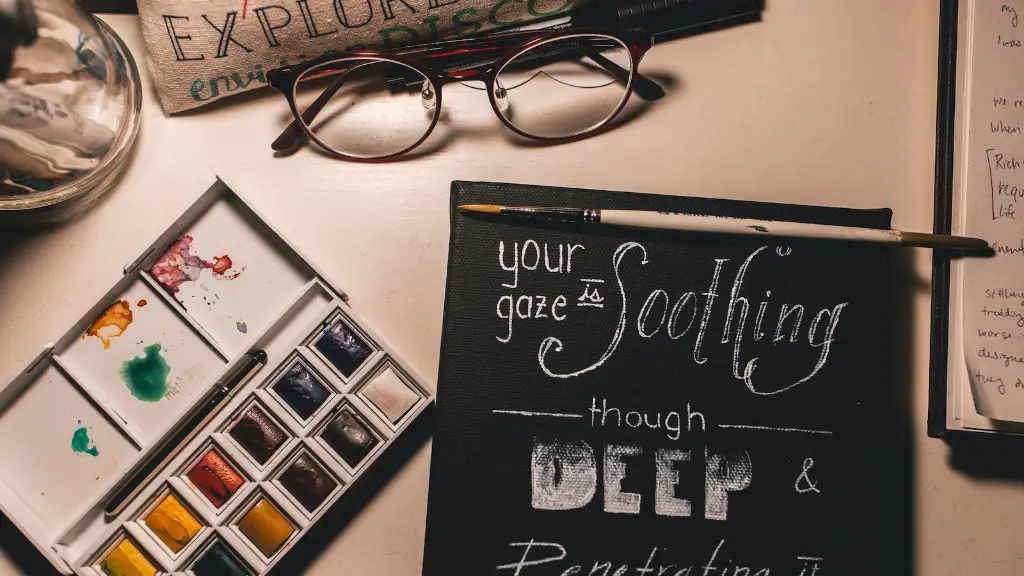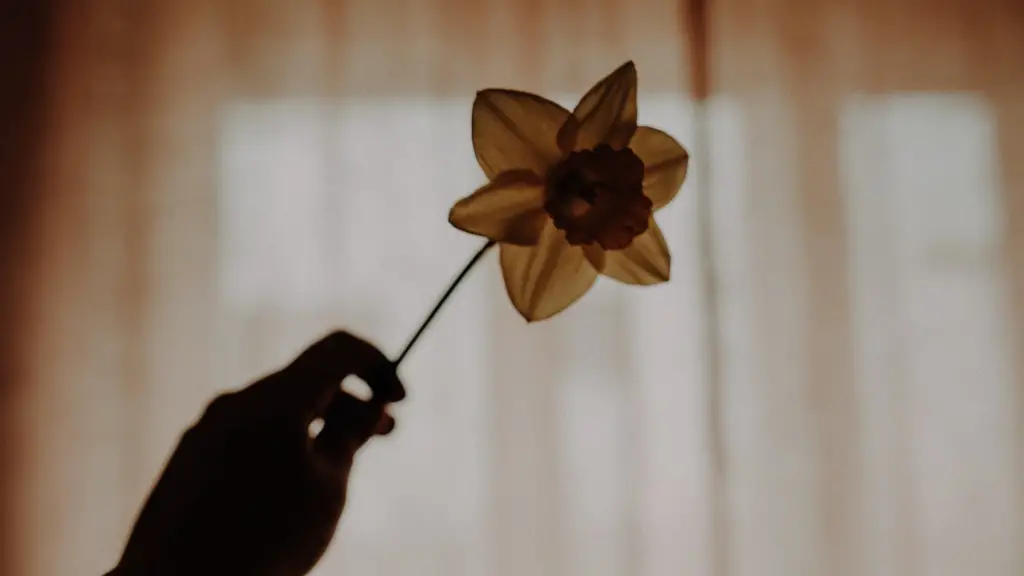Definition
Prose and poetry are two different forms of expression in the writing world. Prose is one of the most common types of writing. It is used for narrating stories, expressing ideas, and conveying information. Prose does not have any fixed structure or strict rules, which means it can have a variety of sentences, styles, and structures. On the other hand, poetry is a distinct form of art that is different from prose. Poetry can be divided into different categories such as free verse, lyrical, imagistic, and many others. Poetry is highly structured and has strict rules, such as line length and rhyme scheme. It is often considered more sophisticated and complicated than prose as it requires special techniques and techniques to write.
Structure
Prose and poetry differ greatly in structure. Prose is written in prose form, meaning that it consists of sentences and paragraphs like in a book or any other type of story. Prose is often straightforward and factual. It is easy to understand, and there is no need to memorize specific patterns or rules. There are no fixed rules when it comes to the structure of prose. A story can be a single sentence or hundreds of pages long. On the other hand, poetry is highly structured. Every line has to be closely crafted in order to convey the intended message. Poetry uses line breaks and rhythm to give emphasis and emphasize certain ideas or themes. It also includes rhymes, patterns and other stylistic elements to make the poem memorable for the reader.
Style
The writing style between prose and poetry also differ greatly. Prose is usually direct and factual. It doesn’t use much imagery and focuses on telling the story and making it plausible. It can be written in a neutral or emotional tone depending on the writer and the intended audience. Poetry, on the other hand, is much more creative and often uses descriptive language and imagery to paint a vivid picture in the reader’s mind. It can contain both neutral and emotional tones and can be used to express an author’s feelings or communicate an idea. This combination of imagery and emotion makes it an extremely powerful form of expression.
Syntax
The syntax used for writing prose and poetry also differ. For prose, the syntax is much more straightforward. Sentences are generally short and to the point, and verb tenses, surrounding words and punctuation are used to give meaning to the sentence. For poetry, syntax is used differently. Metaphors, similes and other figures of speech are used to create a more vivid and imaginative picture in the reader’s mind. Poetry also relies heavily on tone, as the writer has to evoke various emotions such as awe, sadness, pain and so on.
Audience
The audience of both prose and poetry also differ. Prose is usually written by authors who want to entertain and share their stories with an audience. The audience of prose can range from adults to children and everybody in between. On the other hand, poetry is usually written by more serious authors who want to convey their ideas, feelings, and beliefs. This can mean that the audience for poetry is more limited. While some adults may enjoy poetry, it is more often enjoyed by adults who have studied literature and appreciate the beauty of the language and its complexities.
Purpose
The purpose of both prose and poetry can also be quite different. Prose is generally written to tell a story, to share information, or to simply entertain. It can be used to make a political or social statement, or to teach a lesson. Poetry, on the other hand, is generally written to express feelings, beliefs, and ideas. Poetry often contains more emotion and can be used to share personal experiences or thoughts. It can also be used as a tool of protest and social change.
Aesthetics
The aesthetics of prose and poetry also differ greatly. Prose is usually written in a straightforward style and is considered to be easier to read. It is often more direct and can contain facts and information more easily. Poetry, however, is often considered to be more poetic and mysterious. It contains more imagery and emotion and the language is usually more complex and layered. This allows the writer to express themselves in a more creative and detailed way than would be possible with prose.
Language Use
The language used for prose and poetry differ significantly as well. Prose will often contain more direct language such as facts and instructions, whereas poetry will often contain more imaginative language such as figurative language, metaphors and similes. Poetry is also often written in a vernacular or poetic language that is often different from what would be used in prose.
Emotional Impact
The emotional impact of prose and poetry is also different. Prose can evoke a variety of emotions, such as sadness, joy, and excitement. However, the emotion is usually more subtle and may depend on the reader’s interpretation of the writing. Poetry, on the other hand, often has more of an immediate emotional impact as it is designed to evoke strong emotions in the reader. Poetry can range from being tender to heartbreaking, and is often used to communicate deep personal feelings and beliefs.
Rhetoric
The rhetorical content of prose and poetry also differs. Prose is often more practical in nature and will often focus on persuading readers by providing facts and evidence. Poetry will often rely heavily on rhetoric such as imagery, metaphors, and other literary devices to paint a vivid picture in the reader’s mind and evoke certain emotions or ideas.
Architecture of Story
The architecture of a story or poem is also quite different. Prose often follows a linear structure with a beginning, middle, and end. It can also feature multiple storylines that weave together to create a coherent narrative. Poetry, on the other hand, is often written in stanzas with each stanza containing different lines or verses. It often uses enjambment and shifts in tone and meaning to create a narrative.
Conclusion
Overall, both prose and poetry differ significantly in their definitions, structures, styles, syntax, audiences, purposes, aesthetics, language use, emotional impact, and rhetoric. While both are popular forms of writing, each has its own unique features. Prose is direct and straightforward, while poetry is more elaborate and relies heavily on imagery and emotion. Understanding the differences between them can help writers in choosing the best form for their projects and can help readers in appreciating and interpreting them in the right way.



